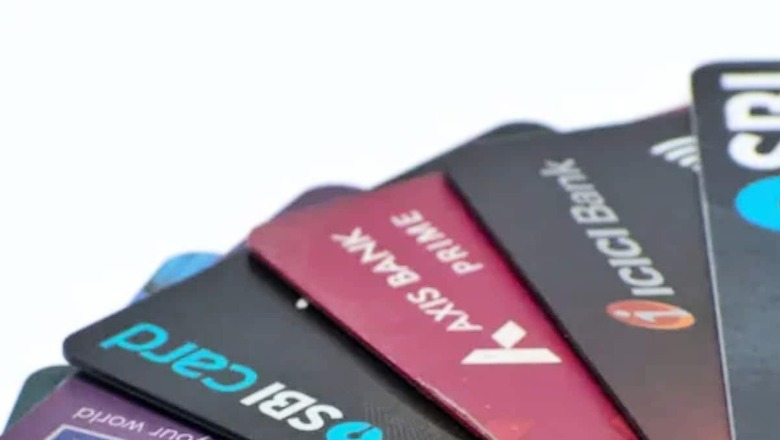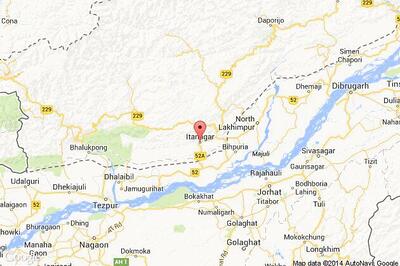
views
Credit card dues and defaults are on the rise among young millennials in India, according to the latest data released by TransUnion CIBIL. As of June 2024, credit card defaults have reached 1.8%, compared to 1.7% in December 2023 and 1.6% in March 2023. While this percentage increase may seem minor, the total credit card dues have surged significantly to Rs 2.7 lakh crore. In March 2024, dues stood at Rs 2.6 lakh crore, and in March 2023, they were Rs 2 lakh crore.
Before the Covid-19 pandemic, in 2019, total credit card outstanding debt was Rs 87,686 crore, demonstrating a Compound Growth Rate (CAGR) of 24% over the last five years.
Suresh Ganapathy, a research analyst at Macquarie, highlights that this trend reflects increasing stress in the unsecured loan sector, such as credit cards and personal loans.
“The young millennials are using the entire limit and directly fully defaulting and turning into NPA without even revolving the loan,” Times of India quoted Ganapathy as saying.
Ritesh Srivastava, CEO of debt relief platform Freed, explained that borrowers typically default after making large purchases, assuming they will repay in instalments. However, due to high interest rates, their outstanding balance grows so significantly that they are only able to make minimum payment. Consequently, many borrowers become trapped in loan stacking, taking taking out small personal loans to manage the debt.
A senior official from a private bank noted that while the EMI option provides credit at lower rates than the roll-over rate, most defaults are occurring with cards sold through the open market, where agents are given incentives to sell them.
Despite the growing stress in the unsecured loan sector, experts believe the Reserve Bank of India (RBI) has already taken measures to mitigate the situation. The growth rate in the unsecured loan sector has slowed from 25% to 15% following the RBI measures taken in November 2023, which has been seen as successful in achieving its targets.


















Comments
0 comment